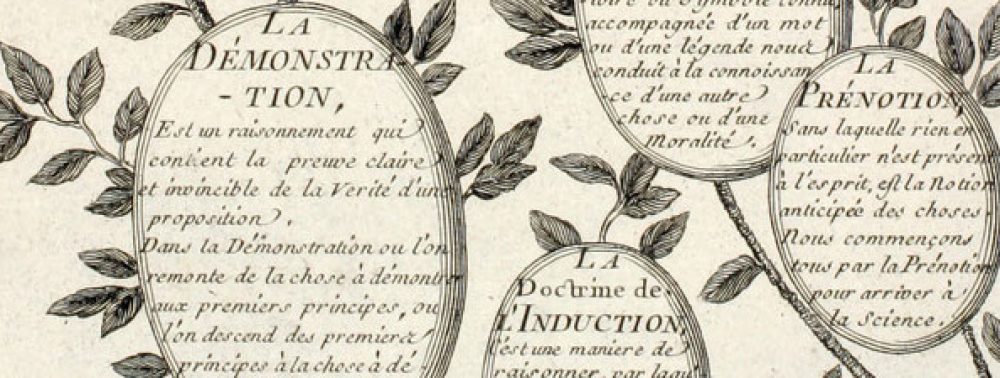When quoting material that already appears as a quote in a text, it’s important to both identify the original and the secondary speaker so that you do not end up putting words in author’s mouth.
Let’s say you were struck by this passage in sociologist Alice Goffman’s recent book On the Run: Fugitive Life in an American City:
When I first met Mike, I thought his awareness of the police was a special gift, unique to him. Then I realized Chuck also seemed to know when the police were coming. So did Alex. When they sensed the police were near, they did what other young men in the neighborhood did: they ran and hid. Chuck put the strategy concisely to his 12-year-old brother, Tim:
If you hear the law coming, you merk on [run away from] them niggas. You don’t be having time to think okay, what do I got on me, what they going to want from me. No, you hear them coming, that’s it, you gone. Period. ’Cause whoever they looking for, even if it’s not you, nine times out of ten they’ll probably book you.
Tim was still learning how to run from the police, and his beginner missteps furnished a good deal of amusement for his older brothers
(see here if you aren’t familiar with the use of [ ] in a quotation as Goffman does with the phrase [run away from] above)
This excerpt includes both material in Goffman’s voice and language Goffman quotes from Tim.
Tim’s words are those in the indented section (See here if you are not yet familiar with when and how to use a block quotation).
If you wanted to quote Tim in your own essay, you will need to make clear that his words are NOT Goffman’s.
So:
(INCORRECT): Goffman writes, “’Cause whoever they looking for, even if it’s not you, nine times out of ten they’ll probably book you.”
(CORRECT):Tim—a 12-year old Goffman interviews—says, “’Cause whoever they looking for, even if it’s not you, nine times out of ten they’ll probably book you.”
The same principle applies to quotes from books or articles that you read in texts and want to quote—you will want to identify correctly the speaker of the quotation rather than improperly putting words in an author’s mouth.



